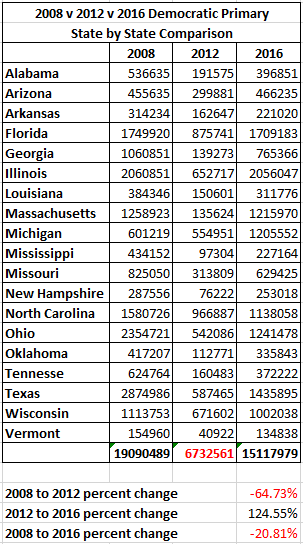If the 2016 Presidential election were held today…
 If the 2016 Presidential election were held today with Hillary Clinton (D), Donald Trump (R) and Gary Johnson (L) as the candidates, I believe the electoral votes would come out far more skewed than than what the most recent national polls suggest. When looking at what States are safe for candidates and which ones candidates have a strong lead I would place Clinton as currently receiving 285 electoral votes, Trump receiving 189 and 64 electoral votes up for grabs. So even if Trump was able to grab all the states that are too close to call, he would still lose. The only way I really see this election getting interesting is if Gary Johnson can pull enough votes to get his home state of New Mexico and Trump gets all the states I’ve marked as toss ups along with North Carolina, where Clinton has a smaller lead. Johnson is currently polling at 10% or higher so he has the chance to make the election interesting if he gets enough support to win a state. If he doesn’t get that level of support, he is unlikely to be a spoiler for either Trump or Clinton as he draws roughly equal support from disenfranchised members of each their parties. So unless Trump kicks it up a notch and Johnson gains enough momentum to win his home state, we will have a President Clinton. If Johnson and Trump are successful then the vote would go to the House of Representatives who would choose from the top three finishers. So this election will either be a boring repeat of 2012 or very interesting as it’s fueled by the dislike of two very polarizing candidates.
If the 2016 Presidential election were held today with Hillary Clinton (D), Donald Trump (R) and Gary Johnson (L) as the candidates, I believe the electoral votes would come out far more skewed than than what the most recent national polls suggest. When looking at what States are safe for candidates and which ones candidates have a strong lead I would place Clinton as currently receiving 285 electoral votes, Trump receiving 189 and 64 electoral votes up for grabs. So even if Trump was able to grab all the states that are too close to call, he would still lose. The only way I really see this election getting interesting is if Gary Johnson can pull enough votes to get his home state of New Mexico and Trump gets all the states I’ve marked as toss ups along with North Carolina, where Clinton has a smaller lead. Johnson is currently polling at 10% or higher so he has the chance to make the election interesting if he gets enough support to win a state. If he doesn’t get that level of support, he is unlikely to be a spoiler for either Trump or Clinton as he draws roughly equal support from disenfranchised members of each their parties. So unless Trump kicks it up a notch and Johnson gains enough momentum to win his home state, we will have a President Clinton. If Johnson and Trump are successful then the vote would go to the House of Representatives who would choose from the top three finishers. So this election will either be a boring repeat of 2012 or very interesting as it’s fueled by the dislike of two very polarizing candidates.
If the 2016 Presidential election were held today… Read Post »


 Click the map to create your own at
Click the map to create your own at 
